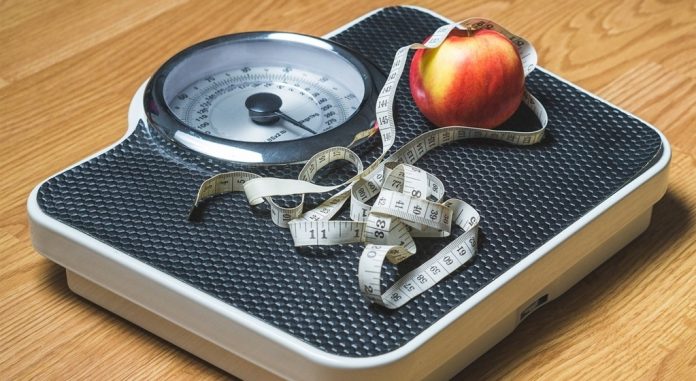APR 27 (DNA) – Being underweight can represent as many health concerns to an individual as being overweight can. If a person is underweight, their body may not be getting the nutrients it needs to build healthy bones, skin, and hair.While some people may have a genetic background or a medical illness that prevents them from putting on weight, there are interventions doctors can recommend to help a person gain weight.
In this article, we look at ways to tell if you are underweight, causes, treatments, and when to see a doctor.
When is a person underweight?
If a person’s BMI is under 18.5, then they may be underweight. The Centers for Disease Control and Prevention (CDC) recommend people use a body mass index (BMI) to calculate if they are underweight, at a healthy weight, or overweight.
Using the BMI is considered a good measure of a person’s weight because it compares their weight to their height. For example, a 170-pound person may not be overweight if they are very tall but could be overweight if they are very short.
A person can calculate their BMI by visiting the CDC’s Adult BMI Calculator. Ranges for BMI include:
• Underweight: less than 18.5
• Normal/healthy weight: 18.5 to 24.9
• Overweight: 25.0 to 29.9
• Obese: 30 or higher
These calculations may be slightly inaccurate for a person who is an elite or endurance athlete whose body has a significant amount of muscle. This is because muscle weighs more than fat.
Being underweight can cause health problems, just as being overweight can. Not all people who are underweight experience adverse side effects or symptoms from being underweight. However, some people, experience the following symptoms related to being underweight:
• Osteoporosis: According to a 2016 study, being underweight increases a woman’s risk of osteoporosis, which is where the bones are brittle and more prone to breaking.
• Skin, hair, or teeth problems: If a person does not get enough nutrients in their daily diet, they may display physical symptoms, such as thinning skin, hair loss, dry skin, or poor dental health.
• Getting sick frequently: If a person does not get enough energy from their diet to maintain a healthy body weight, they may also not be getting enough nutrients to fight off infections. As a result, a person may get sick more frequently, and common illnesses, such as a cold, can last longer than they usually would.
• Feeling tired all the time: Calories are a measurement of the energy a particular food can give a person. Not getting enough calories to maintain a healthy weight can make a person feel fatigued.
• Anemia: A person who is underweight is more likely to have low blood counts, known as anemia, which causes dizziness, headaches, and fatigue.
• Irregular periods: Women who are underweight may not have regular periods, they may find menstruation stops, or an adolescent’s first period may bedelayed or absent. Irregular or absent menstruation can cause infertility.
• Premature births: According to a study published in An International Journal of Obstetrics & Gynaecology, a woman who is pregnant and underweight is at a higher risk for pre-term labor, which means having a baby before 37 weeks.
• Slow or impaired growth: Young people need nutrients to grow and develop healthy bones. Being underweight and not getting enough calories could mean a person may not develop as expected. Doctors call this a ‘failure to thrive.’
According to a study published in the journal BMC Public Health, being underweight is associated with an increased risk for mortality when compared to people with an average BMI. The researchers suggested that being underweight may impair a person’s healing processes following an accident or trauma compared to a person with an average BMI.












